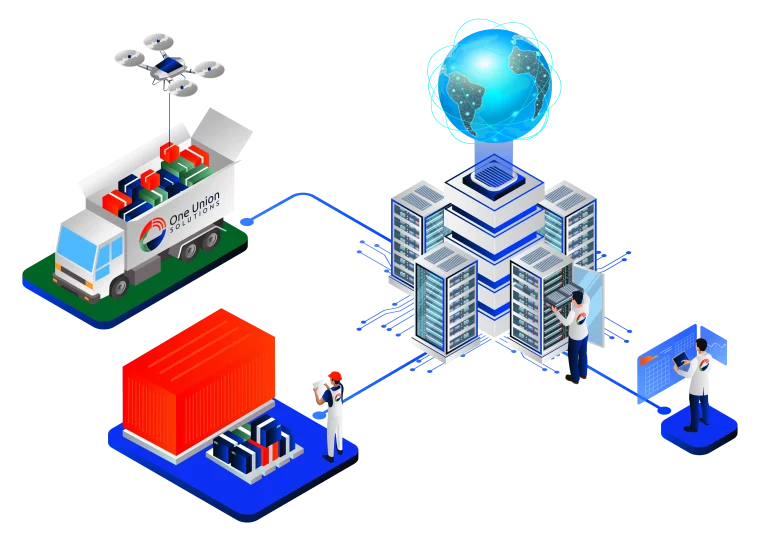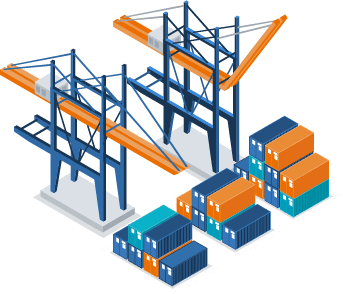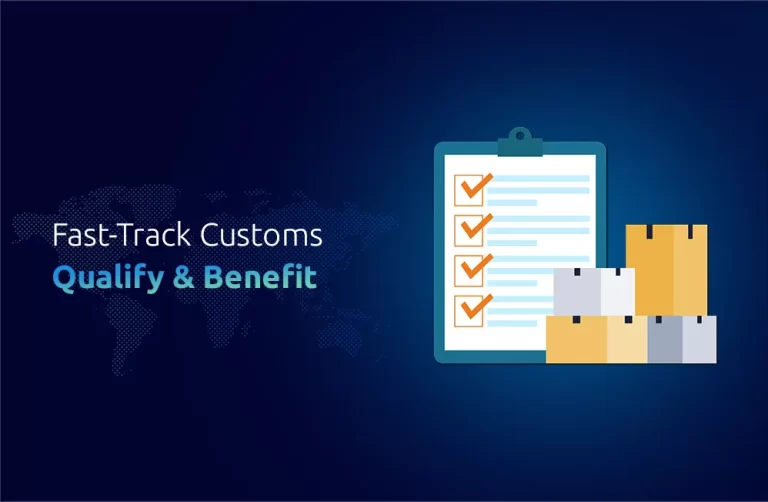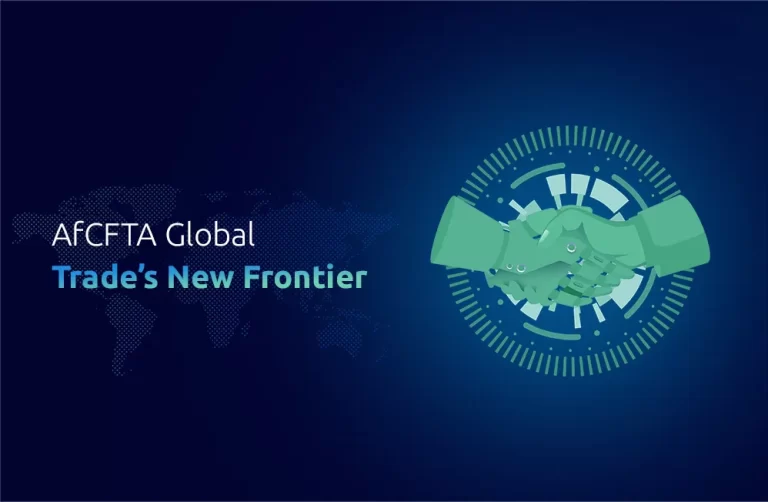Aviation Industry
Rapid sustainability modifications will be required if the project is to weather the increased financial costs that will follow from rising interest rates. Problems have been fixed, and the industry will continue providing cutting-edge prospects for creativity until 2023.
From day one, One Union Solutions has adapted its services to the changing demands of the market and the requirements of its customers. One Union Solutions’ longevity is proof of the value of the services we provide.
Medical Industry
Medical gadgets, diagnostic equipment, and healthcare technology are all imported into Cameroon to provide adequate medical treatment. Importing medical equipment requires familiarity with the medical industry’s certifications and regulatory framework. Medical gadgets are guaranteed safe and effective thanks to certifications like CE marking.
Importing medical equipment involves some considerations, not the least of which are taxes and duties. Successfully managing the import process and contributing to Cameroon’s medical development requires familiarity with import licenses and customs regulations. The majority of Cameroon’s medical equipment and supplies are imported.
Automotive Industry
The automotive industry in Cameroon is the country’s second-largest employer, making it an ideal place to get telecommunications and information technology equipment for vehicles. It may be difficult to import such machinery because of the strict rules. For instance, businesses need to have their gear certified and checked for compatibility with vehicle systems. The importer of car equipment must also pay customs and taxes.
Experienced IORs guarantee legality and efficiency in the vehicle import sector. We’ll also handle clearing customs and paying any necessary taxes or levies. Imports of information technology (IT) equipment used in the automotive industry are strictly controlled in Cameroon. The type-approval process may be time-consuming and expensive for some products.
Tech Industry
Cameroon’s IT sector thrives because of the rising demand for related products and services. It is essential to be familiar with the relevant legislation and certifications to import computers, servers, networking devices, and software. Imported goods that have received certifications such as the CE marking or the FCC certification are safe, healthful, and ecologically beneficial. There are tax and tariff requirements for importing technological equipment. The IT sector must know the need to comply with import licensing and customs regulations.
Importing such gear is subject to stringent rules, including certification requirements, by the National Broadcasting and Telecommunications Commission and the Ministry of Digital Economy and Society. The tariffs and taxes levied on certain types of equipment may differ from one application to the next. Customs and shipping delays are possible for imported IT equipment because of high demand and low availability.







